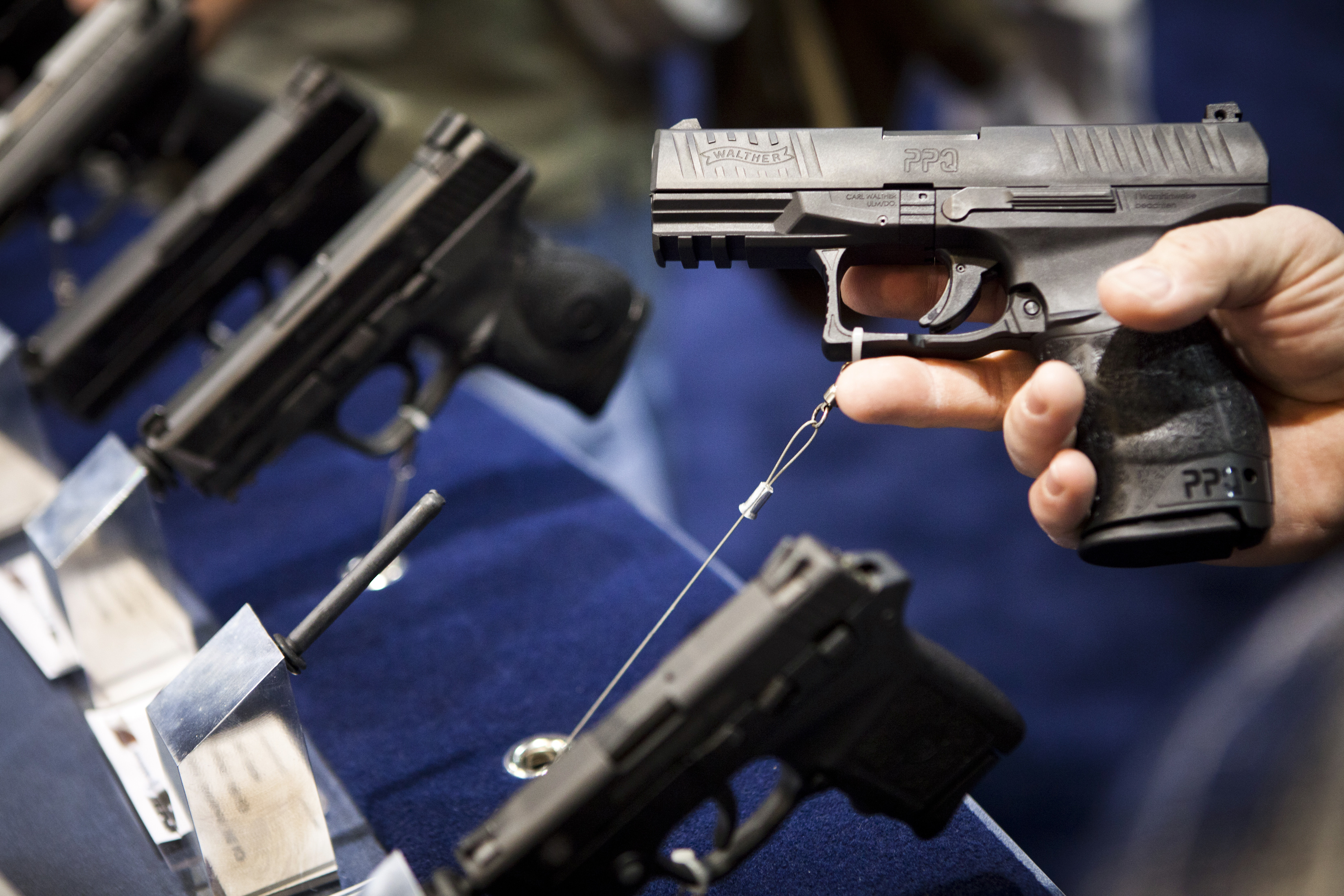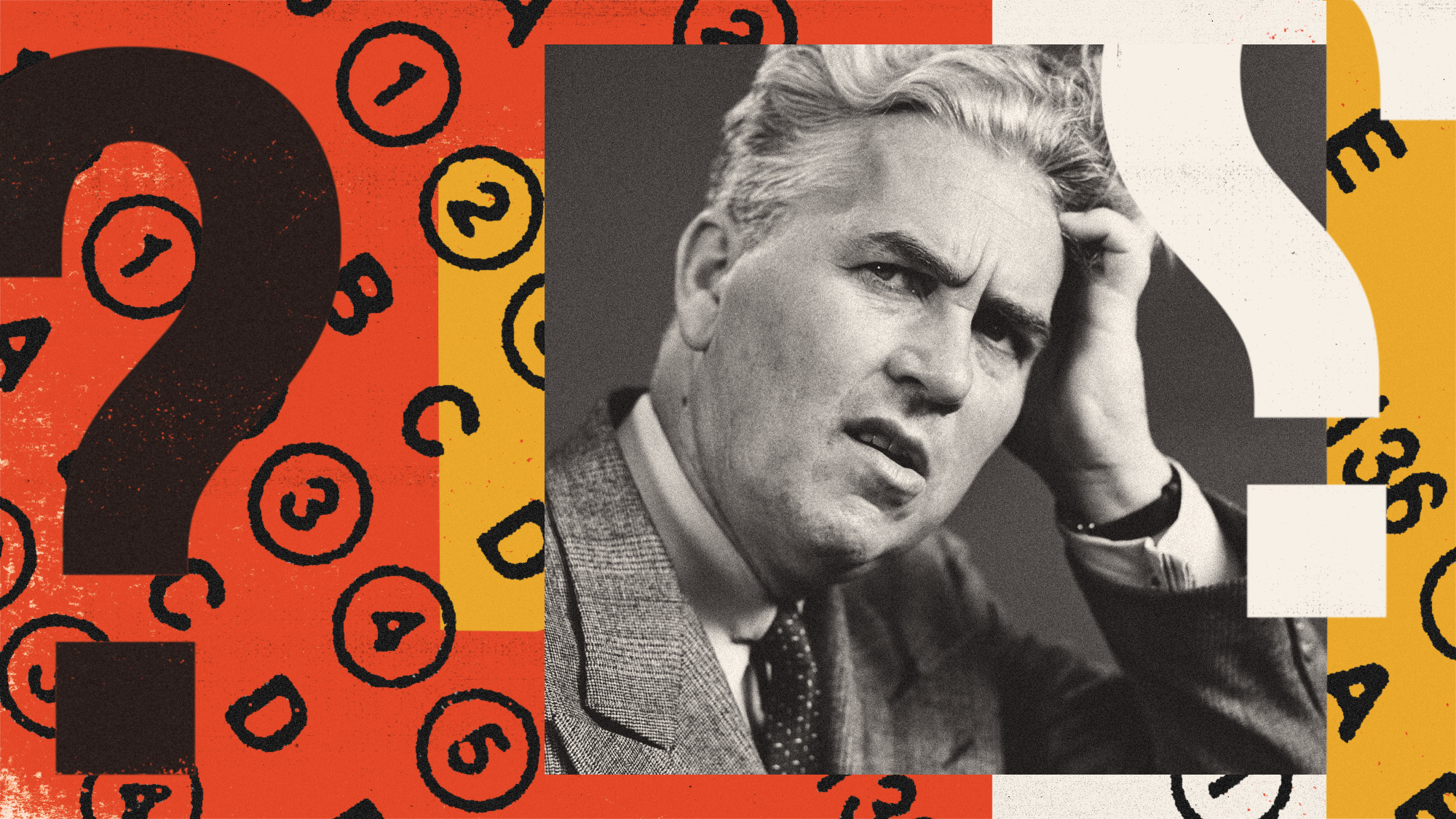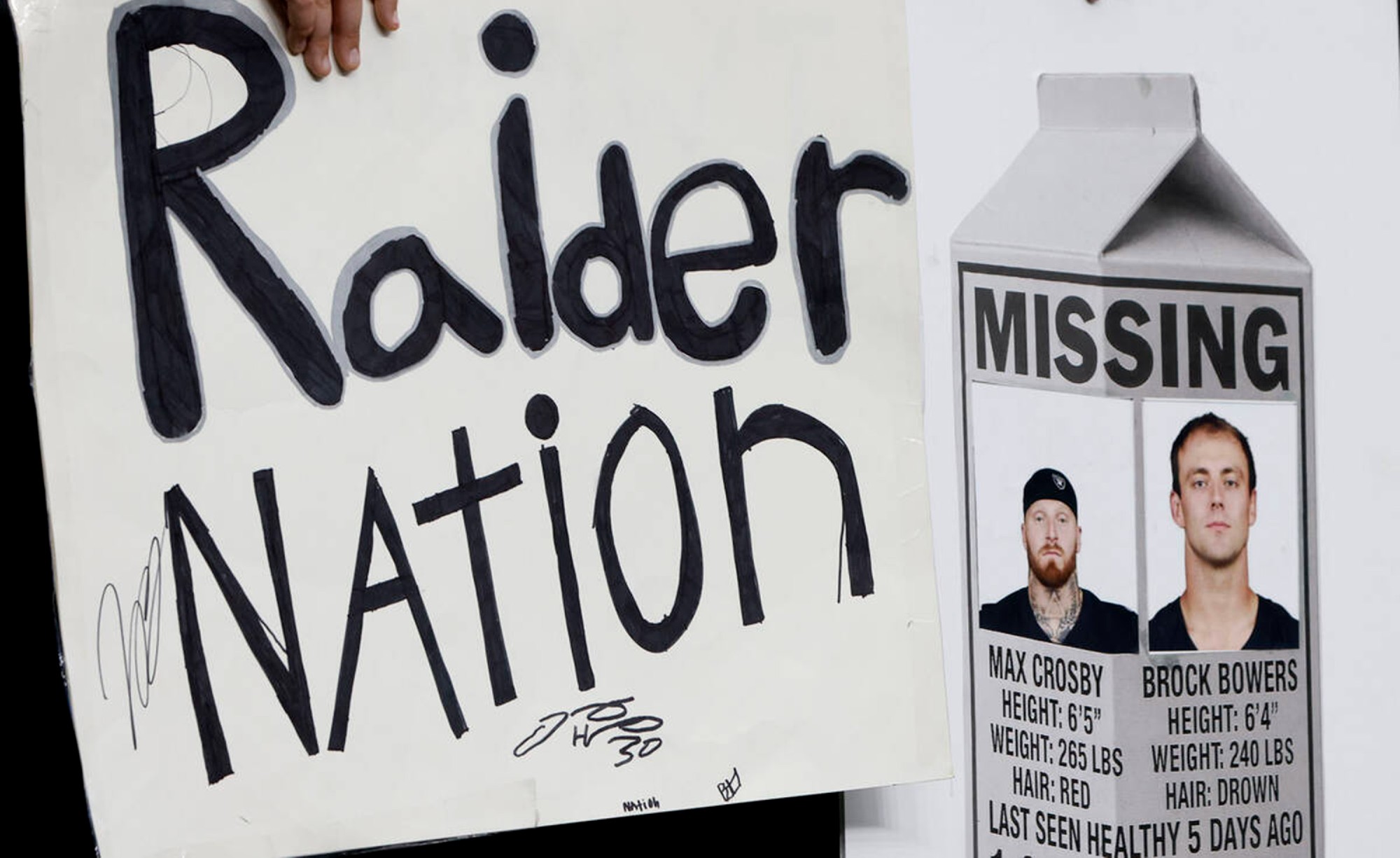A better way to tackle America's gun problem
Gun control advocates have too many scattershot policies. They need a simple approach — like this one.


Nothing brings out my inner fatalist like America’s plague of gun violence.
Where some liberals launch into spasms of rage with every mass shooting, calling with ever-renewed passion for new legislation and executive action to bring about fundamental change, I sink deeper into despair. The NRA is just too powerful, public opinion just too intractable (and moving in the wrong direction), and the number of guns in circulation just too insurmountable to make a serious difference in lowering the death toll.
Or so I tend to think.
The Week
Escape your echo chamber. Get the facts behind the news, plus analysis from multiple perspectives.

Sign up for The Week's Free Newsletters
From our morning news briefing to a weekly Good News Newsletter, get the best of The Week delivered directly to your inbox.
From our morning news briefing to a weekly Good News Newsletter, get the best of The Week delivered directly to your inbox.
But what if this is cowardice? Or easy capitulation to what might be the least admirable and least civilized aspect of American society? (Here is one respect in which America truly is an exceptional nation — and in the worst possible way.)
The state has been defined as whatever authority possesses a monopoly on the legitimate use of violence. It is this monopoly on violence that fosters social order and permits civil society to flourish and thrive. When a mass shooter opens fire on a crowd, he is also taking aim at civil society and striking a blow for chaos and barbarism. But when citizens respond to this act of anarchism not by empowering the state to make it more difficult for the next mass shooter to carry out his murderous plans but by putting even more guns in circulation, they further degrade public authority by refusing to grant the state the authority it needs to preserve order and keep us safe.
Down that road lies the dissolution of politics, and a return to a pre-political state of nature in which every individual acts as his own highest authority, using violence to defend himself against violence found all around him.
Given the life-and-death stakes, I understand and share Barack Obama's frustration — and I sympathize with presidential adviser Valerie Jarrett's conviction that "we can and must do something about it." But "something" shouldn't be defined as "anything." And frankly, the president's latest effort to accomplish through minor regulatory changes what he can't achieve through legislation feels like an "anything" kind of move. No one on either side of the gun debate thinks it will make much of a difference. And if it provokes more people to join the NRA — and sets up a series of confrontations in the courts that end up further strengthening the rights of gun owners — it just might end up making things marginally worse.
A free daily email with the biggest news stories of the day – and the best features from TheWeek.com
What would be better?
Thanks to Michael Bloomberg and other wealthy donors, those who favor stricter gun control may have more money on their side than they used to. But like most grassroots reform movements in this country, their efforts so far have been diffuse, disorganized, scattershot, and prone to rhetorical overreaching.
Background checks. Waiting periods. Licenses. Permits. Assault weapons bans. Handgun bans. The gun control movement favors them all, and often without giving much thought to how to implement them, how they’d save lives, and whether they're supposed to prevent mass shootings, stop suicides, or contribute to lowering the rate of firearms deaths overall.
What if the gun control movement took a different approach? What if it focused on just one thing — a policy that many Americans would be likely to support and that would have a good shot at making a measurable difference in curtailing the most spectacular incidents of gun violence?
Leave single shot rifles alone. Leave most handguns alone. Leave laws on background checks and waiting periods alone. Instead, focus only on assault weapons. Define them to include all automatic and semi-automatic rifles, as well as high-capacity magazines that increase the number of bullets that can be fired by rifles and handguns without reloading. But don't try to outlaw them, as the now-expired 1994 Federal Assault Weapons Ban did with some semi-automatic rifles. Simply require that they be purchased, stored, and used only at licensed dealers and firing ranges.
Want to buy and shoot an AR-15 semiautomatic assault rifle, the gun that Syed Farook and Tashfeen Malik allegedly used to murder 14 and injure 22 in San Bernardino last month, and the primary weapon Adam Lanza used to carry out the Sandy Hook massacre? Go right ahead. But you will be required to keep and shoot it exclusively on the premises of an establishment that exists expressly for that purpose.
Visit that range as often as you like. Shoot the weapon to your heart’s content. But you won’t be allowed to leave with it, walk the streets with it, bring it into your home, or sell it directly to any other private citizen.
No private citizen needs access to so much deadly force outside of a shooting range. Civil society isn’t a battlefield, and modern America isn’t, and shouldn't be permitted to become, a real-life version of Call of Duty.
Would such a regulation, if imposed and enforced nationally, save lives? You bet it would. How can we know that? Because in a mass shooting, time is bullets. Anything that slows down the shooter does some good. Imagine if, instead of firing semiautomatic assault rifles, the San Bernardino shooters had been limited to shooting hand guns with standard magazines. Maybe they would have murdered 7, or 9, or 11 instead of 14. Maybe they would have injured 11, or 14, or 17 instead of 22.
Eleven dead is bad, but it’s better than 14.
For each life saved, it’s infinitely better.
And isn't that the point of criminal laws? Not to eliminate an entire category of crime, but to make the crime somewhat less frequent, and the victims somewhat less numerous?
By one measure 457 people died in mass shootings last year in this country. What if that number could have been brought down to 350 or 300 or 250? Wouldn’t that be judged as progress in any other area of criminal law?
Let's make it just a little bit harder for the barbarians to wreak their havoc — and a little bit easier for the rest of us to take a stand for civilization.
Damon Linker is a senior correspondent at TheWeek.com. He is also a former contributing editor at The New Republic and the author of The Theocons and The Religious Test.
-
 The Week’s big New Year’s Day quiz 2026
The Week’s big New Year’s Day quiz 2026Quiz of the Year How much do you remember about 2025’s headlines? Put yourself to the test with our bumper quiz of the year
-
 Is tanking ruining sports?
Is tanking ruining sports?Today's Big Question The NBA and the NFL want teams to compete to win. What happens if they decide not to?
-
 ‘Netflix needs to not just swallow HBO but also emulate it’
‘Netflix needs to not just swallow HBO but also emulate it’instant opinion Opinion, comment and editorials of the day
